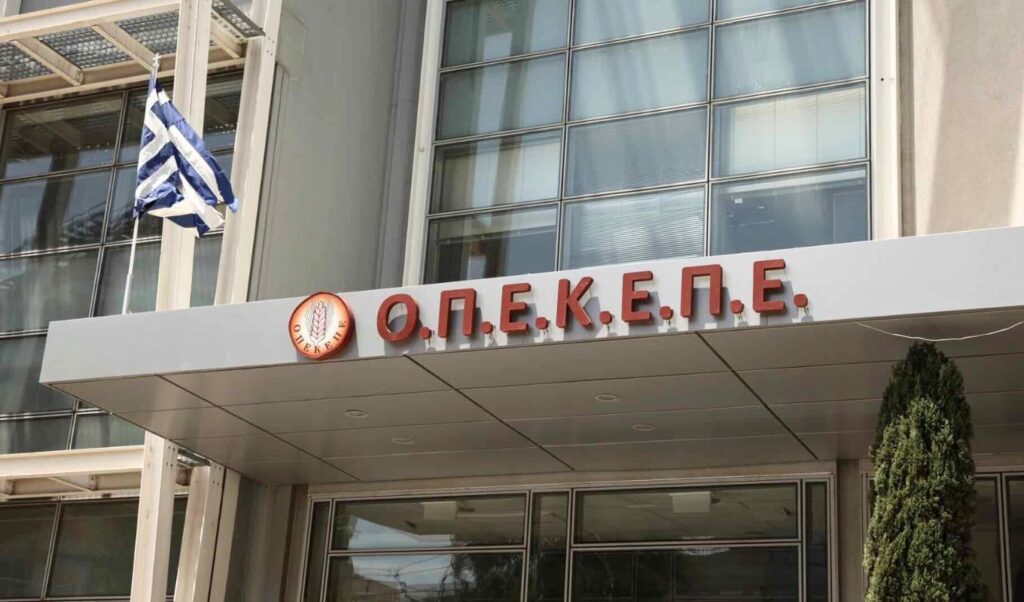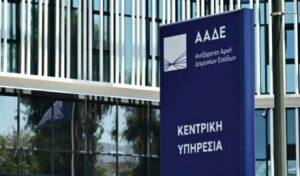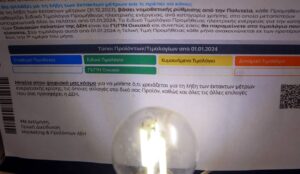The AADE is immediately launching a special operational plan to recover illegal subsidies from OPEKEPE, aiming to collect millions of euros that were allegedly paid irregularly. The AADE’s audits for illegal OPEKEPE subsidies focus on cases with the largest grants and are carried out in cooperation with the Economic Police.
Coordinated operation between AADE and Economic Police
With the intensity of a police operation, a coordinated “safari” of audits begins by the Economic Police and AADE. The two authorities are joining forces to identify those who illegally benefited from OPEKEPE agricultural subsidies and to initiate procedures for seizures of bank accounts or real estate assets.
The beginning was made a few days ago, with the first meeting of the competent ministries at the Ministry of Citizen Protection. There the foundations of the plan were laid, with the ministry taking on a key role both in coordination and in the communication management of the case.
Target: the largest OPEKEPE subsidies
As government sources reveal, the AADE audits are set to begin immediately and will focus on cases with the largest grants. However, there are also limitations: AADE cannot currently intervene in cases that are already under the microscope of the European Public Prosecutor’s Office.
The reason the Economic Police is involved is essentially technical but crucial. AADE does not yet have the institutional capacity to request data from OPEKEPE or private entities, as the provision that incorporates OPEKEPE into the tax administration is still in the public consultation stage.
Audit methodology for illegal subsidies
On Thursday afternoon, July 3rd, the formation of the special operational plan began. The first cross-checks will be demanding, as E9 data, rental agreements for cultivated areas and tax returns must be matched with information from OPEKEPE, the Ministry of Rural Development and private entities.
This means that the economic police will have to seek all evidence from the involved entities in order to begin the cross-checks. More difficult will be the cross-checks for livestock capital.
Focus on the national reserve of agricultural rights
The interest of the audit authorities focuses on the so-called “national reserve,” a critical pool of agricultural rights intended to primarily support new and incoming farmers, within the framework of basic support. This is where the largest amounts of OPEKEPE subsidies are reportedly located, as well as the most serious cases of abuse.
As market sources characteristically say: “The big money is in the national reserve.”
415 million euro fine for mismanagement
Regarding the 415 million euro fine imposed on Greece, this relates to the mismanagement of EU funds by OPEKEPE.
Despite the fact that our country is considering the possibility of appealing to reduce it, this amount will be withheld from future subsidies in three installments of 138 million euros each.
AADE is proceeding with this illegal subsidy recovery operation with the aim of restoring public property and preventing future abuses in the agricultural support system.




